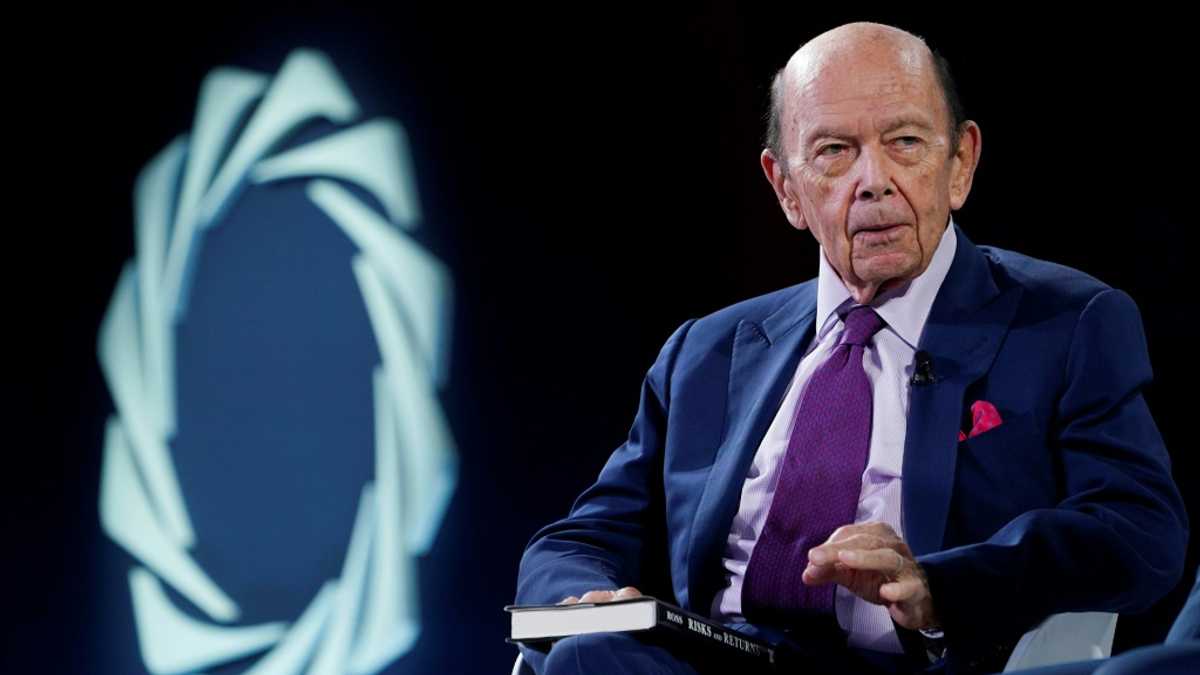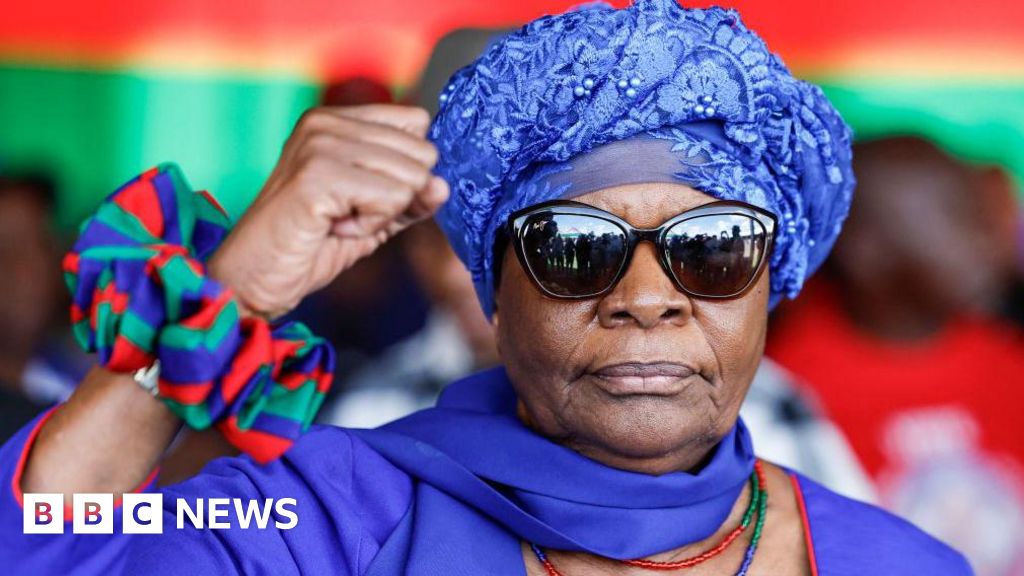A Nigerian Engineering, Procurement, Construction and Commissioning (EPCC) company, Nestoil has raised concerns over the impacts of the nation’s contract bidding process, insisting that the development will affect local content growth and export of skills from Nigeria to other African countries.
Speaking at the ongoing Nigerian Oil and Gas conference in Abuja, Group Managing Director of Nestoil, Dr Ernest Azudialu-Obiejesi, said Nigeria has the opportunity to lead the continent in developing the oil and gas sector amidst dwindling interest in fossil fuel.
For the projected objectives, Azudialu-Obiejesi noted that contracts should not be awarded to privileged individuals, who lacked the capacity to executive contracts that would improve local content development in the sector.
Last year, Nigeria’s local content across the nation’s oil and gas sector had stagnated at 54 per cent in 2023 to create serious concerns after a 13 year upward outlook amidst rising divestment by international oil companies and over $25 billion investment by indigenous organisations.
The Nigerian Content Development Monitoring Board (NCDMB), which champions the Nigerian Oil and Gas Industry Content Development Act, introduced in 2010, had raised the fear that the content level in the industry may peak unless urgent and collaborative efforts are taken.
Azudialu-Obiejesi believes that ending the era of ‘lowest bidder’, a development that has been abused especially by ‘briefcase’ contractors, would strengthen the growth of the oil industry.
Speaking on “Exportation of Local Capacity: Maximising Regional Opportunities,” he said: “There are a lot of people who are briefcase contractors without capacity, but have connection.
“And because of that, they go and bid for jobs they cannot do at the lowest prices. So these things have to be checkmated.”
According to him, human resources, capital and equipment could be exported to other countries if the current setbacks, in terms of how laws are enforced to protect the local companies.
“We have also seen that one of the reasons the local companies are not doing very well is because they don’t have what we call a good bidding process. This is a bidding process where everybody says it’s the lowest bidder,” he said.
In an interview on the sidelines of the programme, he pointed out that Nigeria can begin to export capacities in the oil and industry when it is able to entrench current opportunities efficiently.
He explained that the African Continental Free Trade Zone Area (AFCTA) when fully implemented will help break all the current barriers inhibiting trans-border businesses.
The GMD said that the company has grown from a service company in 1991 to oil producing company now, becoming one of the biggest pipeline companies in Nigeria and serving the International Oil Companies (IOCs).
“Today, one of the biggest lines that Shell has used in Nigeria for the past 20 years was built by Nestoil. Apart from that, we built so many pipelines for the IOCs, both for Chevron and Mobil.
“Nestoil has grown from pipeline to dredging, from dredging to major fabrications for offshore companies.
“Also it has gone into dredging and has gone into even aviation services. We give helicopter services to so many oil and gas companies today in Nigeria,” Azudialu-Obiejesi added.
He stated that the company now has a dry dock facility in Port Harcourt, stressing that it remains one of the biggest in civil works, mechanical works, and has grown capacities to even export the experiences and the technologies it has acquired to other countries.
According to him, some of the people trained by Nestoil, are now captains of industry and have gone to other companies to set up businesses of their own.

 4 months ago
106
4 months ago
106













![[ICYMI] No N500m missing from customer’s account, says Access Bank](https://cdn.punchng.com/wp-content/uploads/2018/09/14183604/20180707-DSC_0077new.jpg)

 English (US) ·
English (US) ·